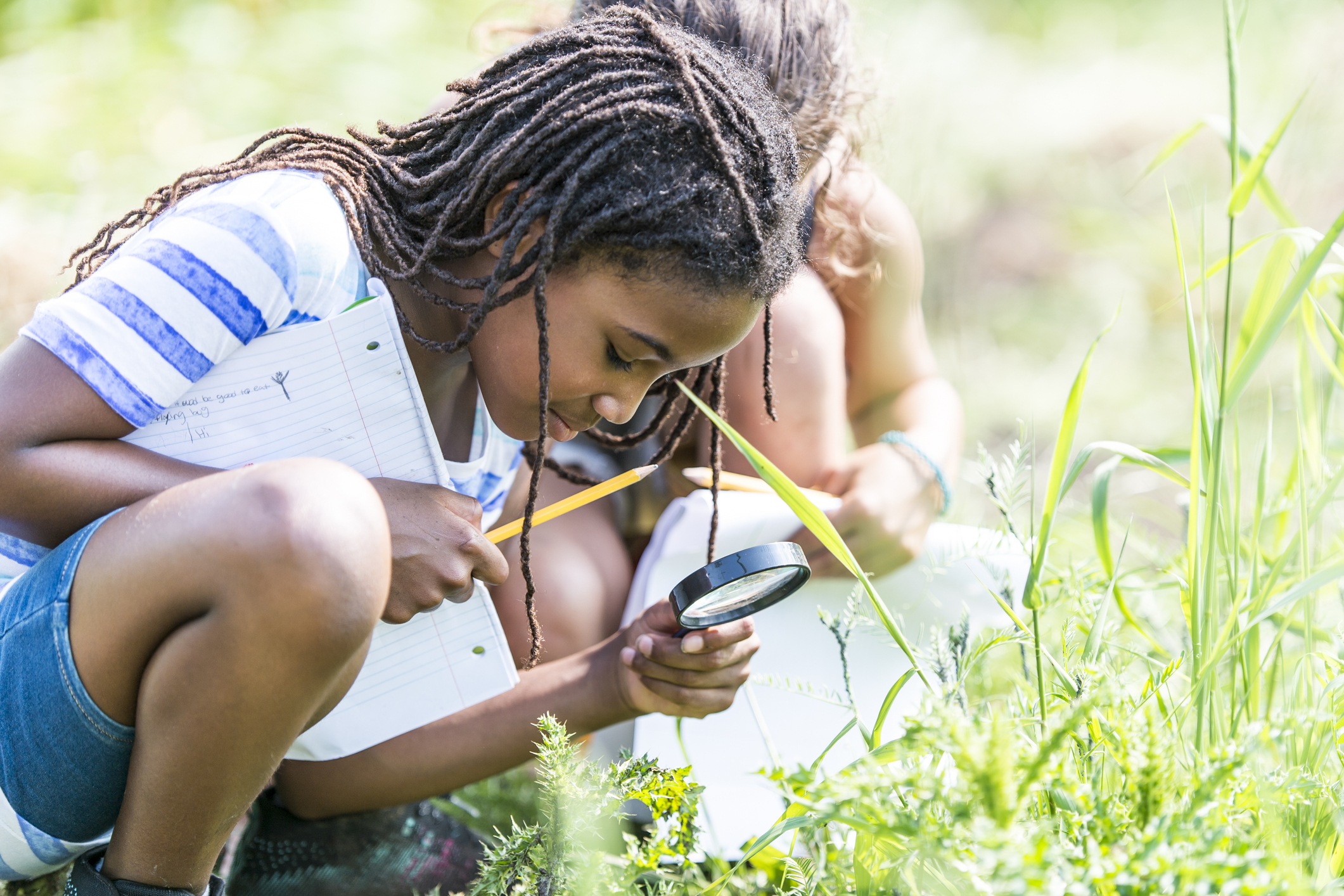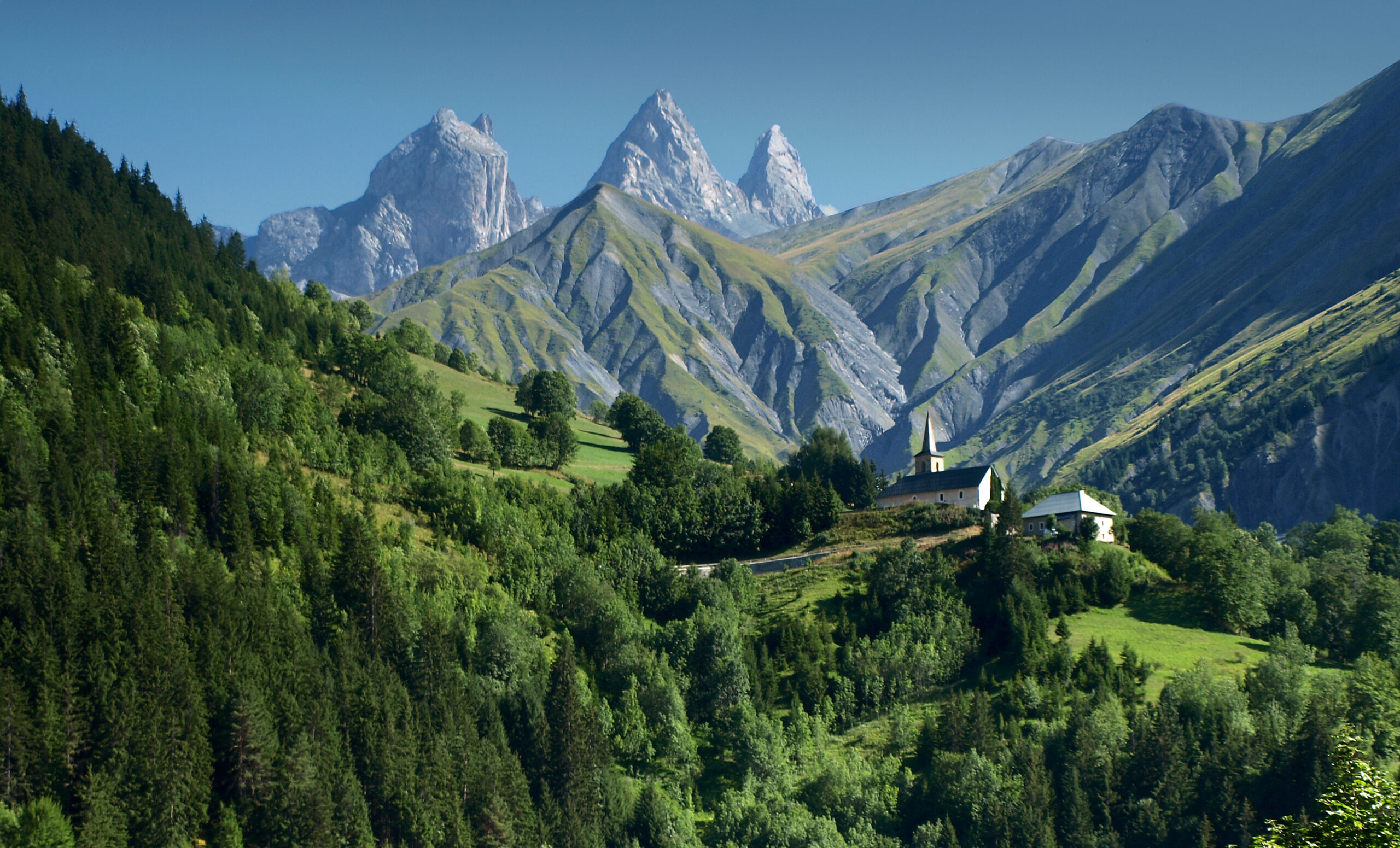Learning objective
- To recognise the negative and positive effects of living near a volcano.
Success criteria
- I can describe
This content is for subscribers only. Join for access today.
National curriculum
Geography
Locational knowledge
This content is for subscribers only. Join for access today.
Cross-curricular links
Science
Living things and
This content is for subscribers only. Join for access today.
Before the lesson
This content is for subscribers only. Join for access today.
Lesson plan
Recap and recall
Display the Presentation: Brain dump and use the activity to recap learning from the previous lesson.
This content is for subscribers only. Join for access today.
Extended-mode explainer videos
How to extend your display to view the lesson page and preseantion mode simultaneously. Choose your operating system below to watch the video
If you need further support with extending your display,
please contact [email protected].
Extended-mode explainer video: For Mac
Extended-mode explainer video: For Windows
Adaptive teaching
Pupils needing extra support
May choose only to illustrate the reasons for and against living near a volcano and write keywords if appropriate.
Pupils working at greater depth
May wish to extend the reasoning behind their choices, weighing up both decisions, explaining the pros and cons and recognising that the decision is complex.
This content is for subscribers only. Join for access today.
Assessing progress and understanding
Pupils with secure understanding indicated by: explaining a mix of
This content is for subscribers only. Join for access today.
Vocabulary definitions
-
climate change
A change in the Earth’s temperature, weather and rainfall over a long time.
-
fertile soil
Soil full of nutrients that help plants grow.
This content is for subscribers only. Join for access today.
In this unit
Assessment - Geography Y3: Why do people live near volcanoes?
Lesson 1: How is the Earth constructed?
Lesson 2: Where are mountains found?
Lesson 3: Why and where do we get volcanoes?
Lesson 4: What are the effects of a volcanic eruption?
Lesson 5: What are earthquakes and where do we get them?
Lesson 6: Where have the rocks around school come from?
Contributors






